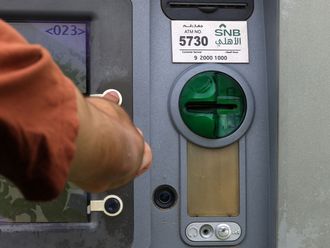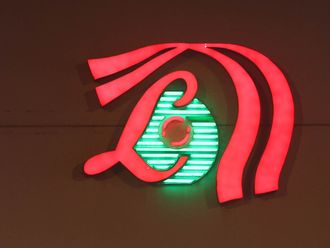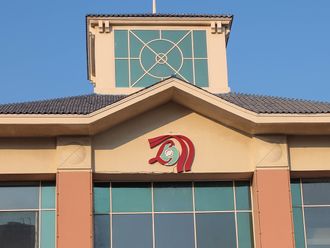Sao Paulo: Sales of advanced electricity meters in Brazil may exceed $4 billion (Dh14.68 billion) over the next decade as South America's largest economy seeks to curb energy theft.
The country is expected to issue in December specifications for companies that want to sell wireless meters that can be monitored remotely.
It may also require utilities to replace all of Brazil's 67 million existing power meters with the devices under a programme expected to be announced at the end 2012, Andre Pepitone da Nobrega, director of the country's electricity regulator Agencia Nacional de Energia Eletrica, said yesterday in a telephone interview.
The devices cost about $160 now and may drop in price to about $60 as production becomes more efficient, he said.
Meter makers expect demand to take off once the specifications are published, Alex Choi, vice president of research and development at the Chin-ese hardware company Shenzhen Kaifa Technology Co., said yesterday in an interview at a Sao Paulo conference on smart electricity and water meters.
"With close to 200 million inhabitants, Brazil is a big opportunity," Choi said. The company may partner with a manufacturer in the northeastern city of Manaus or build its own factory if there's sufficient demand for smart meters, he said.
The wireless devices may help curb electricity theft, which costs utilities about 8 billion reais (Dh17.61 billion) a year, and make it easier for companies to obtain meter readings in dangerous neighbourhoods, Nobrega said.
Stolen power
Light SA is already using smart meters. The utility was losing as much as 70 per cent of its delivered power in Santa Marta, a Rio de Janeiro slum, before it installed the wireless devices, Chief Technology Officer Fabio de Oliveira Toledo said in an interview. Theft is now 2 per cent. He didn't say when the company began using them.
Ampla Energia e Servicos SA, a Niteroi-based utility, cut energy theft to 20 per cent from 25 per cent at another Brazil slum using smart meters, Orestes Castaneda, the company's manager of business and technology, said in an interview.
Smart meters in Brazil are installed in metal boxes atop power poles and are difficult to tamper with. They identify households that consume more electricity than they purchase, and the utilities can remotely disconnect them.
The energy regulator is still debating how to get utilities to install wireless meters, Aneel's Director of Distribution Regulation Ivan Marques de Toledo Camargo said in an e-mail.
"Opinion is divided" on whether utilities will be offered incentives or required to upgrade their meters, Camargo said. This issue will be addressed in next year's national smart-meter programme that will be released by the Ministry of Mines and Energy, Nobrega said.












